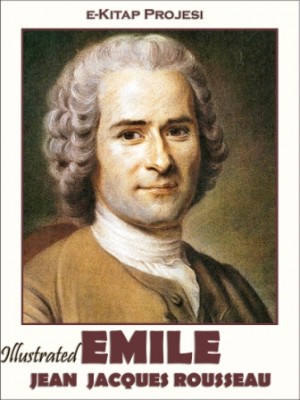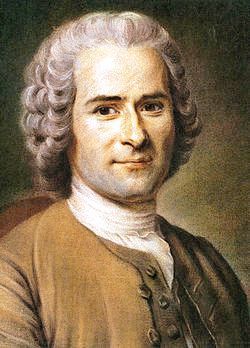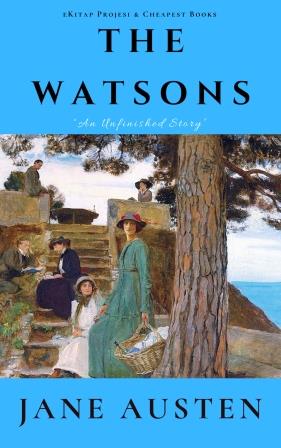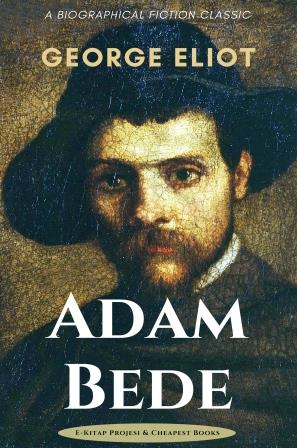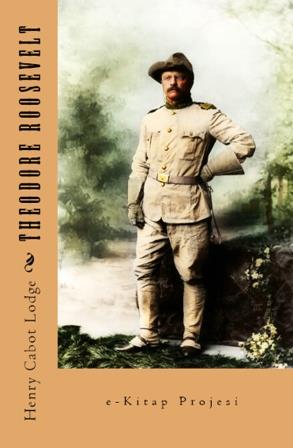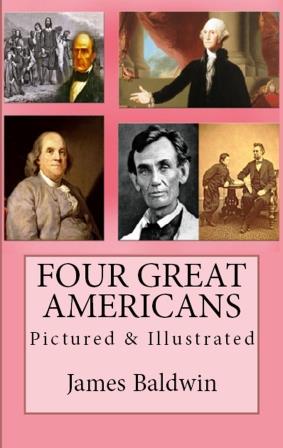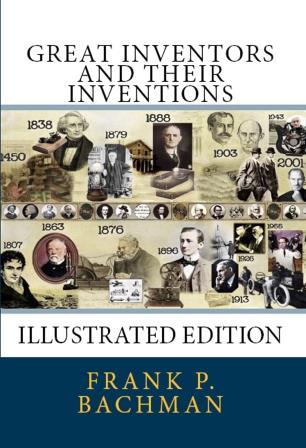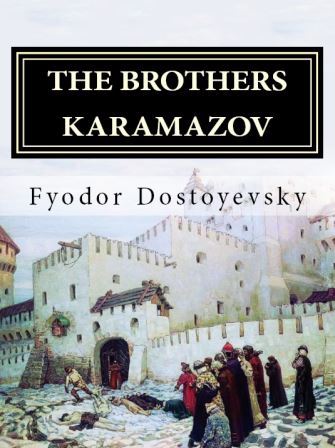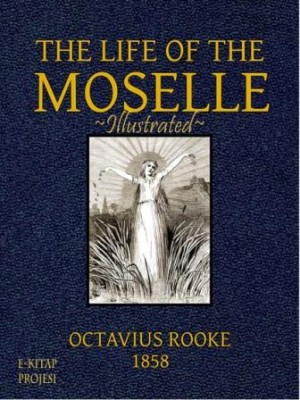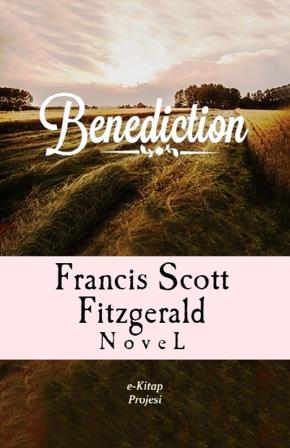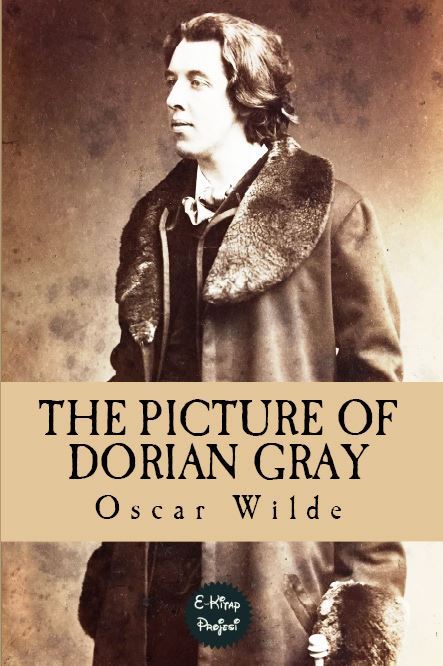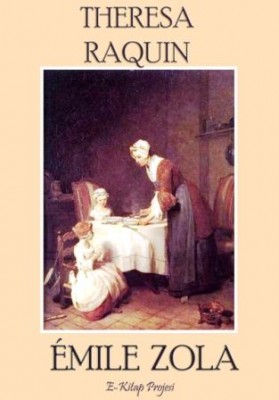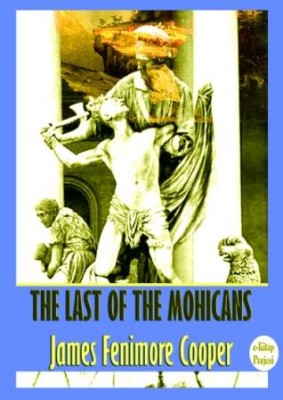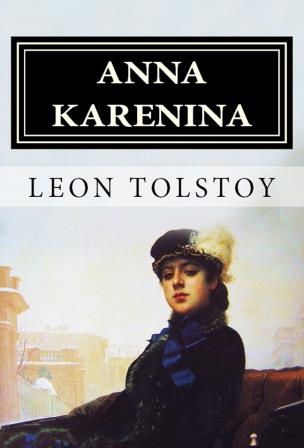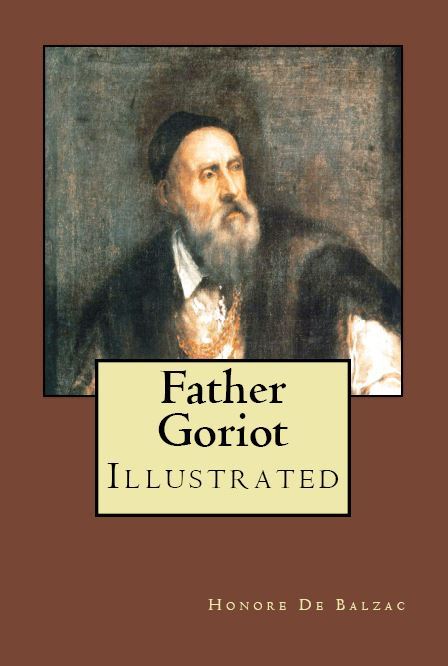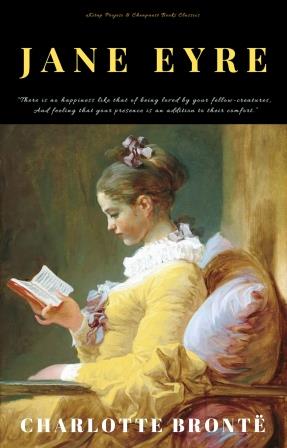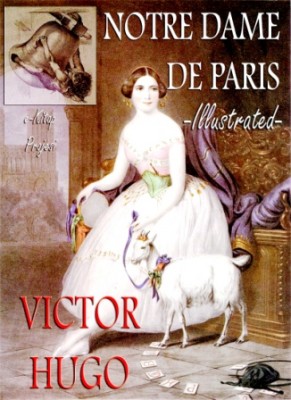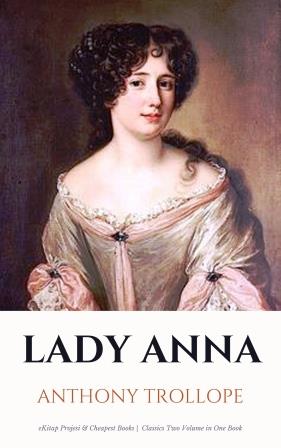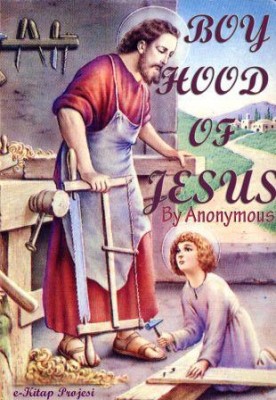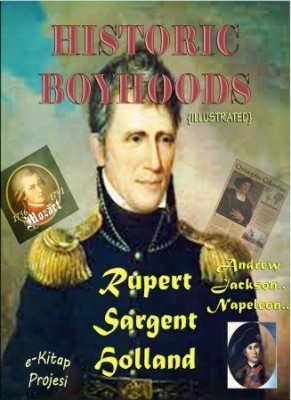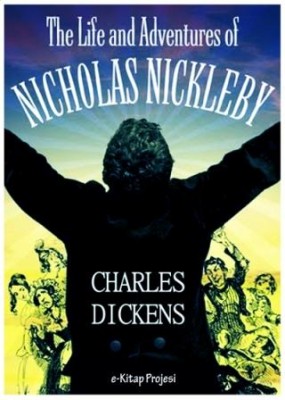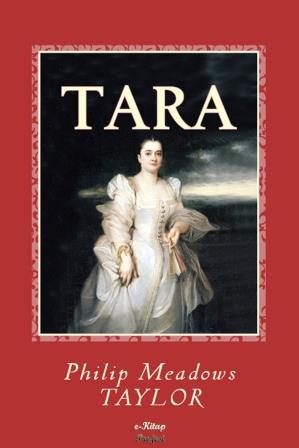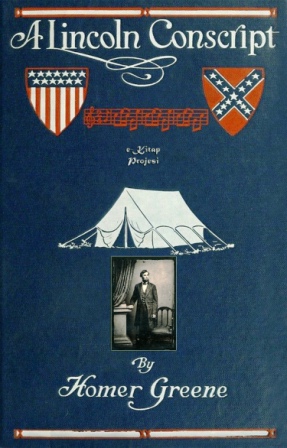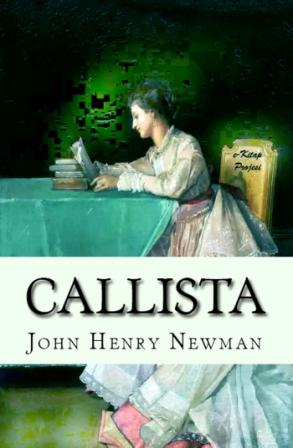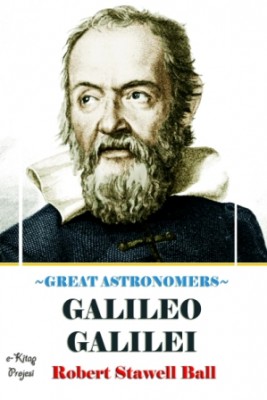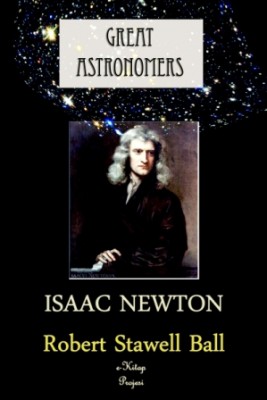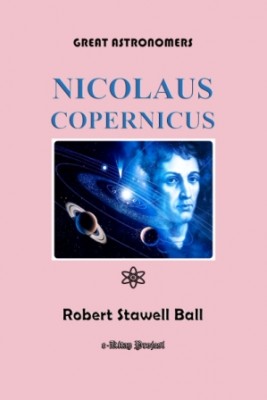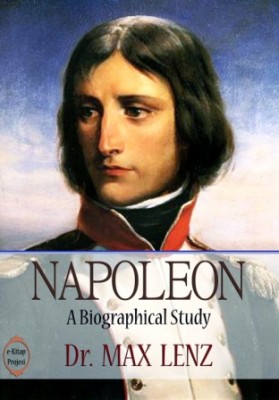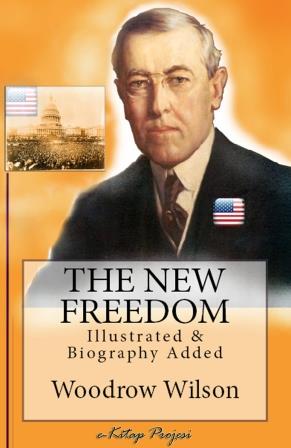During the French Revolution, Emile served as the inspiration for what became a new national system of education. The work tackles fundamental political and philosophical questions about the relationship between the individual and society— how, in particular, the individual might retain what Rousseau saw as innate human goodness while remaining part of a corrupting collectivity. Its opening sentence:
“Everything is good as it leaves the hands of the Author of things; everything degenerates in the hands of man.” Rousseau seeks to describe a system of education that would enable the natural man he identifies in The Social Contract.
God makes all things good; man meddles with them and they become evil. He forces one soil to yield the products of another, one tree to bear another's fruit. He confuses and confounds time, place, and natural conditions. He mutilates his dog, his horse, and his slave. He destroys and defaces all things; he loves all that is deformed and monstrous; he will have nothing as nature made it, not even man himself, who must learn his paces like a saddle-horse, and be shaped to his master's taste like the trees in his garden. Yet things would be worse without this education, and mankind cannot be made by halves. Under existing conditions a man left to himself from birth would be more of a monster than the rest. Prejudice, authority, necessity, example, all the social conditions into which we are plunged, would stifle nature in him and put nothing in her place. She would be like a sapling chance sown in the midst of the highway, bent hither and thither and soon crushed by the passers-by.
Tender, anxious mother, [Footnote: The earliest education is most important and it undoubtedly is woman's work. If the author of nature had meant to assign it to men he would have given them milk to feed the child. Address your treatises on education to the women, for not only are they able to watch over it more closely than men, not only is their influence always predominant in education, its success concerns them more nearly, for most widows are at the mercy of their children, who show them very plainly whether their education was good or bad.
The laws, always more concerned about property than about people, since their object is not virtue but peace, the laws give too little authority to the mother. Yet her position is more certain than that of the father, her duties are more trying; the right ordering of the family depends more upon her, and she is usually fonder of her children. There are occasions when a son may be excused for lack of respect for his father, but if a child could be so unnatural as to fail in respect for the mother who bore him and nursed him at her breast, who for so many years devoted herself to his care, such a monstrous wretch should be smothered at once as unworthy to live. You say mothers spoil their children, and no doubt that is wrong, but it is worse to deprave them as you do. The mother wants her child to be happy now. She is right, and if her method is wrong, she must be taught a better. Ambition, avarice, tyranny, the mistaken foresight of fathers, their neglect, their harshness, are a hundredfold more harmful to the child than the blind affection of the mother. Moreover, I must explain what I mean by a mother and that explanation follows.] I appeal to you. You can remove this young tree from the highway and shield it from the crushing force of social conventions. Tend and water it ere it dies. One day its fruit will reward your care. From the outset raise a wall round your child's soul; another may sketch the plan, you alone should carry it into execution.
J.J. Rousseau
